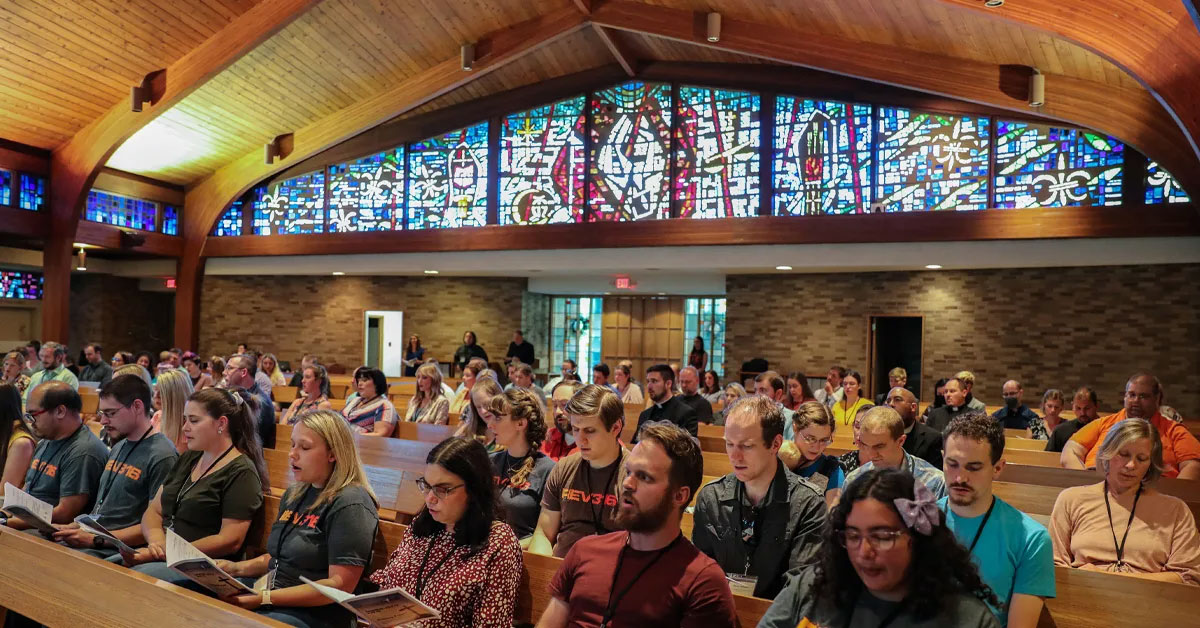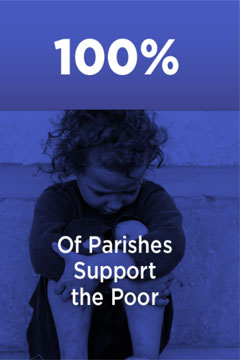

DIOCESE OF GREENSBURG
OFFICE OF FAITH, FAMILY AND DISCIPLESHIP
Becoming Eucharistic People: Forming Missionary Disciples in the Truth
By Vincent Reilly
Managing Director of Faith, Family and Discipleship

The Office of Faith, Family and Discipleship has released an initial blueprint for the assessment of current strengths and needs of the parishes of the Diocese of Greensburg to develop policies, standards and best practices in a comprehensive catechetical plan. Titled “Becoming Eucharistic People: Forming Missionary Disciples in the Truth,” the proposal builds from the “Christ is the Truth” survey and the recently published strategic plan of the Diocese.
“This time of Eucharistic Revival in which the bishops of our country are inviting us to a renewed encounter with Jesus is a perfect season to further develop the catechetical offerings of our Diocese,” said Vincent Reilly, Managing Director of Faith, Family and Discipleship. “In visiting the clergy and catechetical staff of over half of the parishes in my first two months in the Diocese, I recognize the desire of our leaders to foster creative and new ways to bring Christ to the people of Western Pennsylvania.”

The final pastoral plan will develop from the work of eight committees made of up of clergy, religious and laity that will discern the mission of the Office of Faith, Family and Discipleship proceeding forward: Catechist Certification, Youth Curriculum, Religious Education Best Practices, Sacramental Preparation, Youth and Young Adult Ministry, Christian Initiation, Marriage Catechumenate and Adult Discipleship and Formation. Each of these committees will be formed in the next four months and will be charged with seeking ways to form intentional disciples in the Truth of the Gospel in our current culture and environment.
“Our goal is to work together as a Diocese to engage entire families in a relationship with Jesus. This is not a top-down approach, but a collaboration of all our leaders and resources to meet the challenges of the culture in which we find ourselves. We are seeking new ways of forming disciples that will respond to the needs of our people,” Reilly said. “Rather than accepting the declining participation in the Church, we have an opportunity to reach out and revitalize our faith communities with the help of our Eucharistic Lord.”






